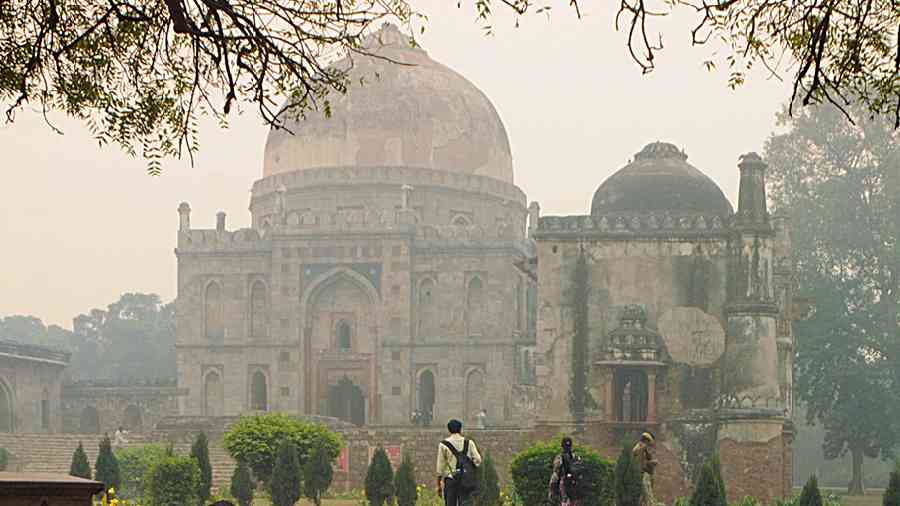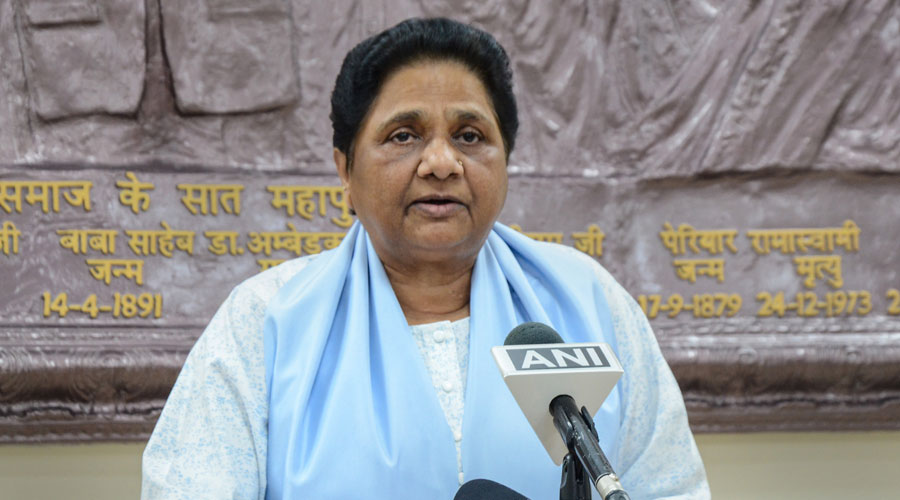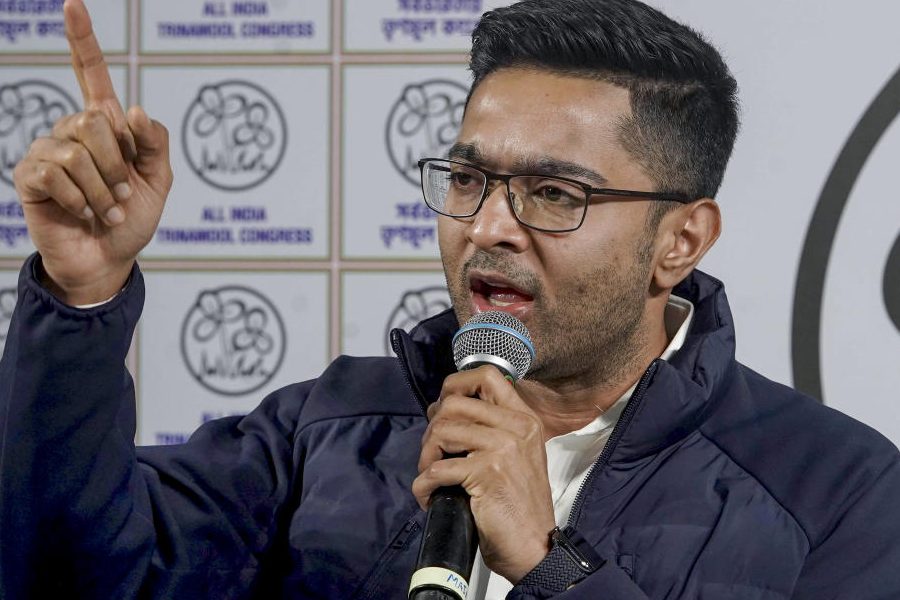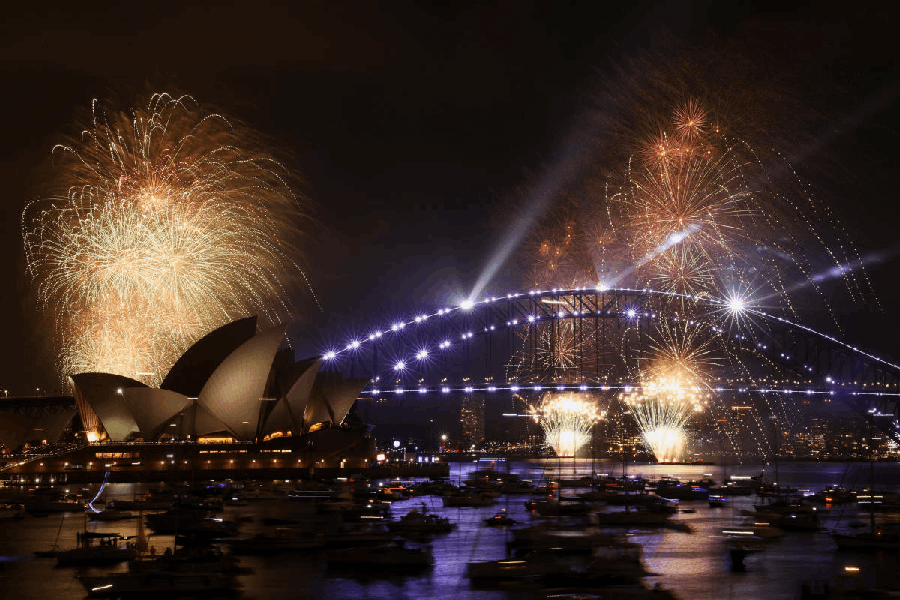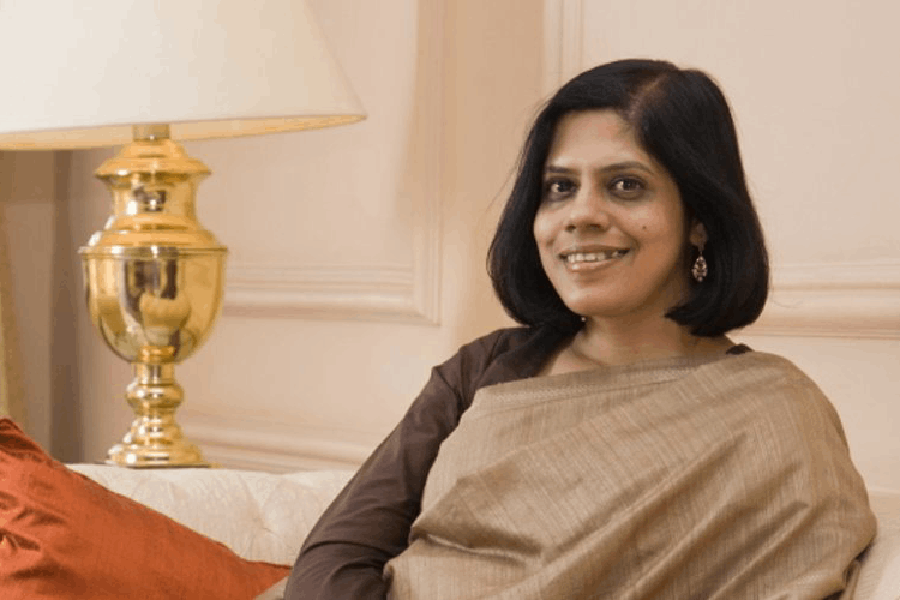“India that is Bharat is a secular country. A country cannot remain a prisoner of the past,” the Supreme Court asserted on Monday in an order.
The reaffirmation of what was once taken for granted came when the highest court of the land rejected a plea to set up a “renaming commission” on historical, cultural and religious places that the serial petitioner contended had earlier been renamed with Muslim monikers by the Mughals and other invaders.
“India is wedded to the rule of law, secularism, constitutionalism of which Article 14 stands out as the grand guarantee of both equality and fairness in State action. The founding fathers contemplated India as a republic that is not merely confined to having an elected President… but also involves all sections of people,” the bench of Justices K.M. Joseph and B.V. Nagarathna said in the order.
“It is a democracy. It is thus important that the country should move forward. It is indispensable for achieving the goal…,” the order added. The court came down heavily on petitioner Ashwini Upadhyay, saying the country cannot be “kept on the boil” and Hinduism “does not allow bigotry”.
The bench questioned Upadhyay for selectively pointing fingers at only a particular section of society. The top court extolled the greatness of Hinduism, adding that such a great religion should not be belittled with such frivolous petitions.
“You want to keep this as a live issue and keep the country on the boil? Fingers are pointed at a particular community. You are relooking at the past selectively. You run down a particular section of society. India is a secular country. Let us not break society with such kinds of petitions. Please keep the country in mind, not any particular religion,” the bench told Upadhyay.
“Hinduism is a way of life, because of which India has assimilated everybody. It does not allow bigotry. Because of that, we are able to live together. The divide-and-rule policy of the British brought about a schism in our society. Let us not bring that back,” Justice Nagarathna told the petitioner, who has so far filed 150 public interest litigation petitions in the Supreme Court on various issues.
Justice Joseph, heading the bench, said there had been instances in his home state, Kerala, where Hindus had come forward to donate land for the construction of churches. He himself is an avid reader of Hindu scriptures, Justice Joseph said, adding: “I am a Christian, but I am equally fond of Hinduism. I am trying to study it.”
He added: “Perhaps, Hinduism is the greatest religion in terms of metaphysics. You should understand that the great heights which Hinduism (has reached) in the Upanishads, the Vedas and the Bhagavad Gita are unequal in any system. We should be proud of that. Please don’t belittle it. Try to understand its greatness. We have to understand the greatness of our country. Our greatness should be that we should be magnanimous. Do not use it for a particular purpose.”
Upadhyay submitted that roads and other important structures are named after the Lodis, Ghazni, Ghori and Aurangzeb but the contributions made by the Pandava brothers, led by Yudhisthir, do not find mention anywhere. He contended that important characters mentioned in the Ramayana find no mention in ancient structures in the country, claiming that most of these structures had been rechristened by the Mughals.
Justice Nagarathna said: “That is a fact of history. Can you wish it away? Yes, we have been ruled by foreign invaders. We have been invaded several times and history has taken its part. What are you trying to achieve? Have we not heard of other problems in our country? Should we not move ahead instead of back?”
Upadhyay then sought permission to withdraw the petition. Justice Joseph then dictated the order. The petition had asked 10 questions, including “whether continuing the names of ancient historical cultural religious places in the names of barbaric invaders is against sovereignty” and “whether the names of places prevalent during the Ramayana and Mahabharata period were arbitrarily and illegally changed during foreign rule and ought to be restored....”

